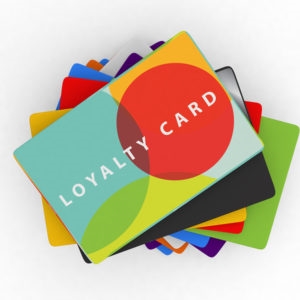I hate to break it to you, but your customers probably have zero attention span. They probably decide whether they want to continue on to the next search result within a matter of seconds – especially if your site neglects customer questions.
Design may draw people in, and tell them that you are worth listening to, but content picks up the job from there. So, with that in mind, you better have some quick answers to both the basic, and the complicated customer questions. And those answers better not be much more than one click away. Or you’ll risk losing people.
With that in mind:
Nine customer questions you better have quick answers for:
How can people reach you? – It sounds basic. But there are a lot of sites out there that require some level of digging around to find a phone number or email. If someone is ready to buy, it’s not advisable to make it any more difficult for them. Consider placing phone number or email contact information in the header. That way it’s always in sight.
Why should people buy from you? – If a customer is out there shopping, chances are you might not be their first stop. You might be their tenth, twentieth or thirtieth stop. So how do you stand out? Tell them what makes you different than the competition. Your home page content is a great spot to accomplish just that. It’s a good place to educate customers on what they are buying and who they are buying from. Your distinct qualifications and experience can help you stand out.
What “pain” do you heal? – Your customers need something. They have a pain, and you have a solution. Your website’s home page can easily spell out what that solution looks like, and how they can attain it.
What does your product look like? – Do you sell a specific product that your customers might typically like to see? It might be time to take some professional photos of that product for the website. Services based businesses are not excluded. If you don’t sell a product, chances are you’re the product. Services-based businesses can benefit from a photo of the business owner on the about page.
What do your customers think of your business? – If you have testimonials, now is the time to load them up. You can either pack them in tight on one testimonials page, or put a quote at the bottom of each page of your website. When other people talk about how great your business is, it gives you greater credibility than when you talk about how great your business is.
What are some of the questions your customers routinely ask? – When you or your sales staff talk with customers in the field, what do they always want to know? Chances are your in-person customers may be representative of your online audience. Your blog offers a great location to inform your audience on your industry and your business. You can also answer the questions that maybe your audience isn’t asking yet, but they should be.
What information do your readers need in order to make an informed decision? – Similar to the last question, you should make sure that your readers have enough information on your industry, and have quality information in front of them to make informed decisions.
What are the resources your audience should know about? – I’m not talking about pointing your audience to your competitors. No way. I’m talking about any third party, neutral website that oozes valuable information about your industry. Where do you turn for further knowledge? Who explains key concepts in your industry in a way that your audience will understand. Go ahead and link out to them from your posts. Maybe write a “Key Resources You Should Know” post. This way you are continuing to give your audience insightful information.
What do you want your customers to do? – No matter how transparent your purposes are online, your customers may need you to spell things out for them a little further. Website pages, blog posts and other online marketing materials should include a call to action. Invite people to email you, comment on your blog post, or buy. Your call to action can be any of those things or something else, depending on the situation.
Conclusion
Your website and blog should make things as easy as possible for your readers, by answering all types of customer questions. Answering their most obvious questions can help make your site an obvious choice as a resource. Do you have any further thoughts on what your reader should know? Feel free to email me or let me know in the comment section below.
Digital & Social Articles on Business 2 Community(38)
Report Post




